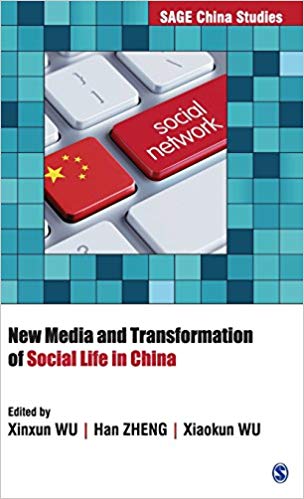This book should not have been published in its present form and the fact that it has raises disturbing questions at two levels.
In the first instance, the book does not appear to have gone through a proper refereeing process. If it had, many of the problems outlined would have been obvious to any half competent academic reviewer. This is not to say that some of the individual chapters and content are not interesting in themselves. For example, while the chapters written by the few western authors in this volume deal with new media and they hold great lessons for those seeking to understand how to operationalize smart cities and good governance using new media. But they do not look at China at all. And this reviewer could find no way in which the chapter on Shanghai’s Tourism Festival and its connection to ‘residents’ happiness’ actually fitted in. Nevertheless, these are all issues that are within the power of the editors to mend. The lack of an introductory chapter or a concluding one, however, suggests that the editors did not put much thought into ensuring quality and making sure the chapters connect to each other in some organic flow, just the desire to publish in English, perhaps to justify the size of a research grant received in China or to win points for professional career advancement. The prose is for the most part turgid—the copy editors appear to have given up midway and the publisher to have focused merely on getting the book into print—and there is not even an index.
The chapters by western authors in this volume are detailed, well-structured and as social sciences writing ought to be, is also unfortunately, heavy on jargon, while those by the Chinese authors are of varying quality. To those without experience of China, meanwhile, the Chinese chapters in this volume can be dense and convoluted in thinking and rather more policy-oriented. But the fact that Shanghai University holds the copyright to this book suggests that the objective of this conference/book was more in the nature of learning from the West. Chinese academic conferences or collaborations with foreign countries/scholars on social science projects are often not so much about ‘seeking truth from facts’ as they are about learning from the other side and adapting the findings to fit the Chinese ‘reality’ as deemed appropriate by the Communist Party of China (CPC).

